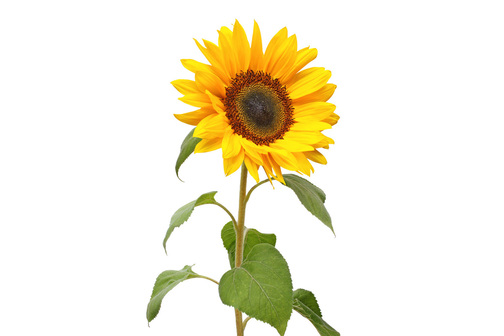Word of the Day
: September 5, 2013etiolate
playWhat It Means
a : to make pale
b : to deprive of natural vigor : make feeble
etiolate in Context
The bean plants that Grace grew for her lab project were weakened and etiolated by their lack of exposure to sunlight.
"With Whistler and his quivering cohort, sure: Their etiolated pictures all but evanesce without those chunky, glistering frames. But beyond the aestheticism of the Gilded Age, I’m not sure the art here always benefits from such a surfeit of razzle-dazzle." - From an art review by Sebastian Smee in the Boston Globe, July 18, 2013
Did You Know?
We first started using "etiolate" in the late 1700s (borrowed from the French verb "étioler") in reference to purposely depriving growing celery of light. The word traces back to an Old French word for "straw" and is related to the Latin word for "straw" or "stalk," which is "stipula." Nowadays the term for growing veggies as pale as straw is more likely to be "blanch," which can mean "to bleach (the leaves or stalks of plants) by excluding light," among other things. "Etiolate" is more apt to refer to depriving plants in a way that is undesirable; when "etiolated," they are sickly, pale, and spindly. The figurative sense of "etiolate" ("to make pallid or feeble") appeared in the 1800s as a natural outgrowth of the original sense.
Name That Synonym
Fill in the blanks to create another word meaning "to deprive of vigor": dvtlz_. The answer is …
More Words of the Day
-
Apr 19
underwhelm
-
Apr 18
qua
-
Apr 17
circumlocution
-
Apr 16
inalienable
-
Apr 15
purloin
-
Apr 14
furlong











